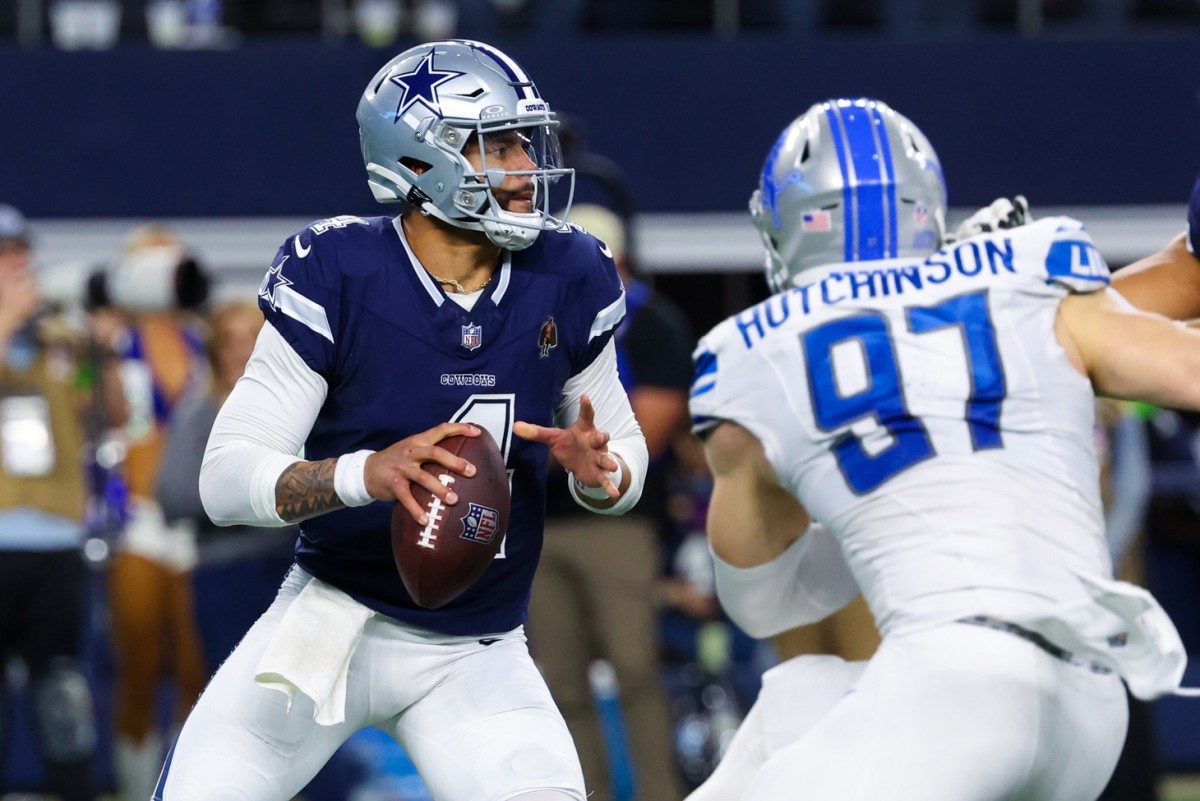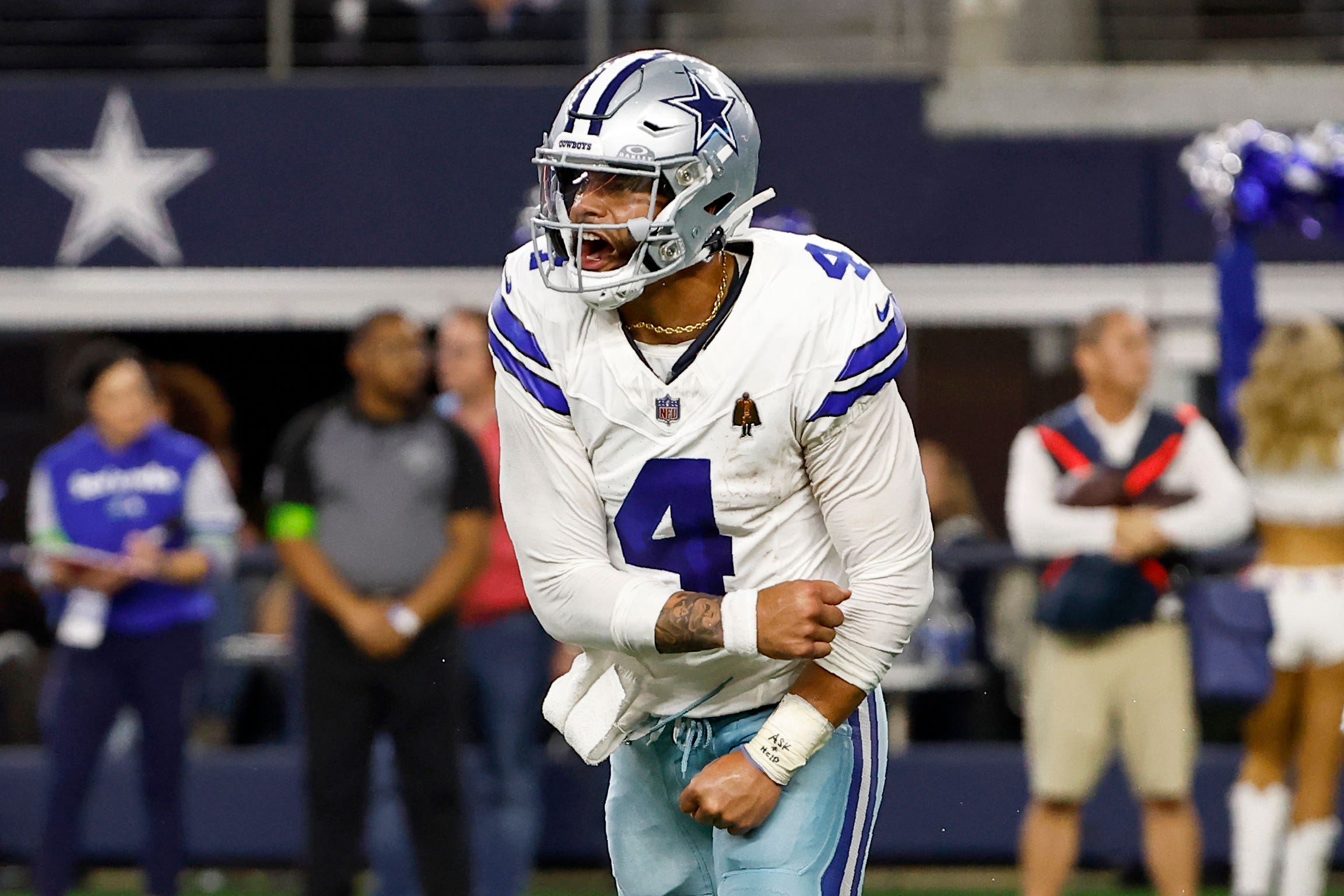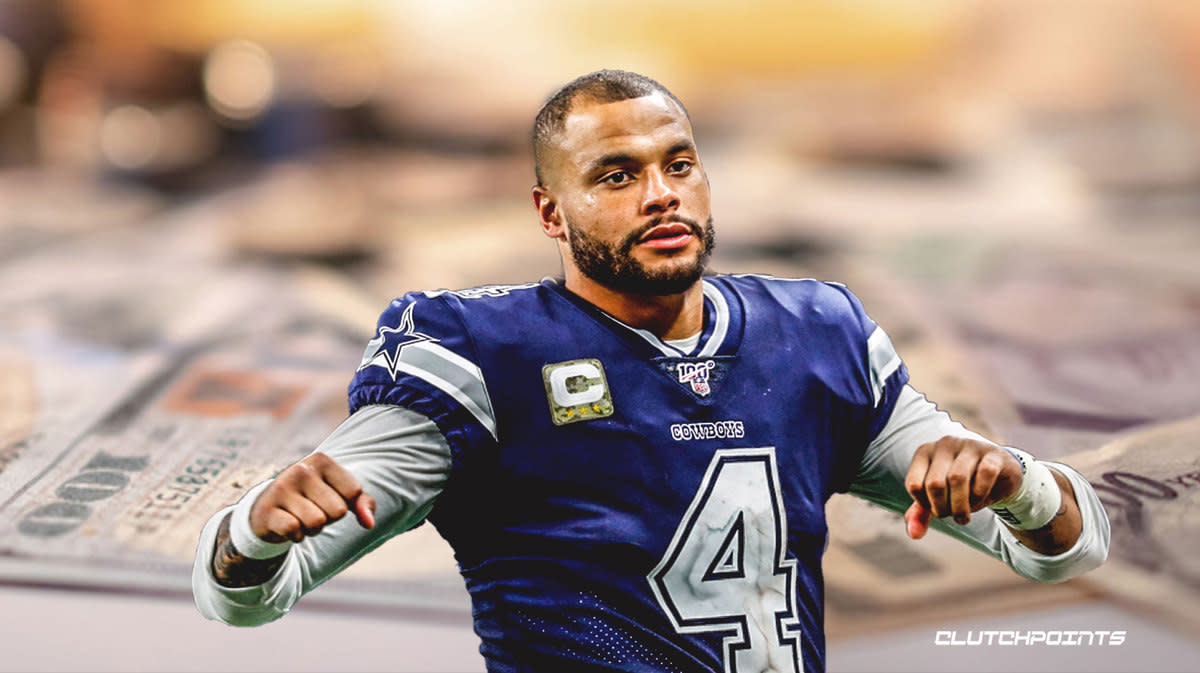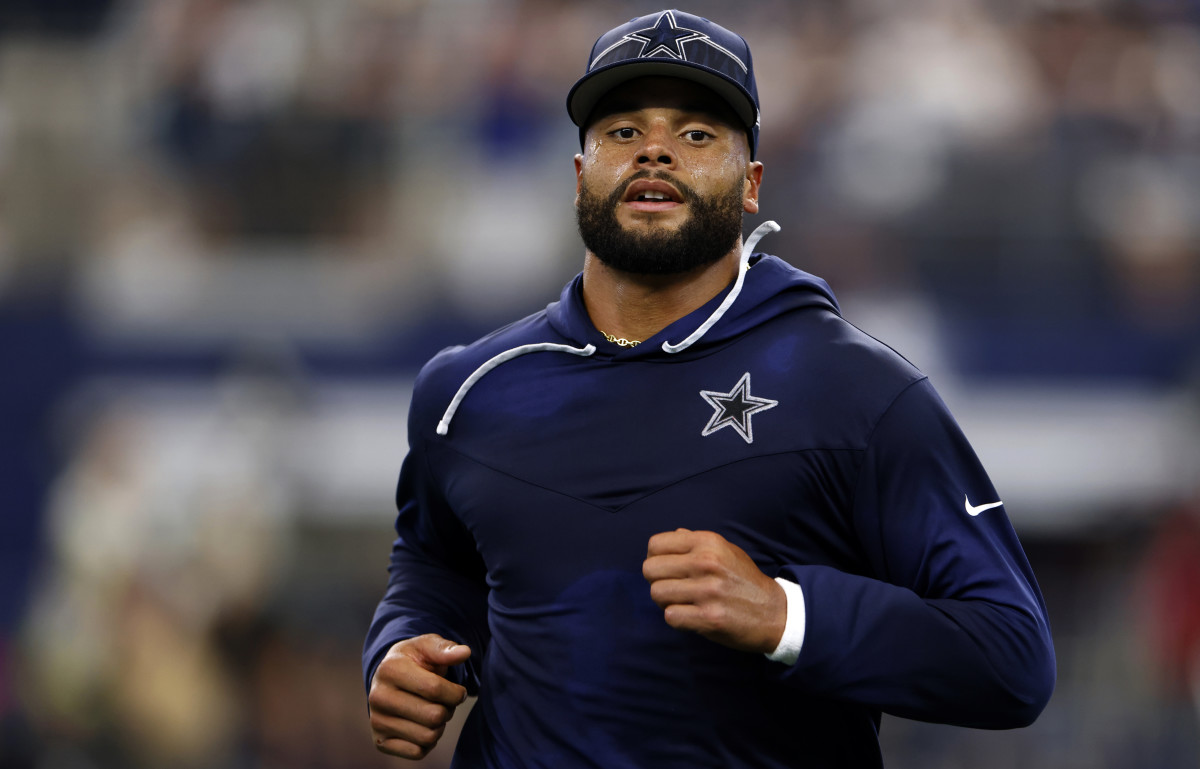Without the quarterback position’s “setting the market” rhetoric, the football community would benefit. A fresh batch of draft picks is selected for extensions each year, and clubs figҺt hard to hold onto seasoned quarterbacks. They naturally want to be paid more than the last man.
It’s a good bet that quarterback Dak Prescott surprising the market with a new contract extension would dominate the news cycle, at least for a few days, given how the Dallas Cowboys’ season ended—a 48-32 home playoff defeat to the Green Bay Packers.

The easiest option to avoid Prescott’s enormous $59.46 million salary cap impact for the next season is to sign an extension. For maybe four more years, he would surpass Cincinnati Bengals quarterback Joe Burrow’s average yearly salary of $55 million.
Dallas’ future is becoming more and more hazy with all the impending changes, including an aging оffensive line and a head coach who is a lame duck. By having a top-10 quarterback under center, the Cowboys can mitigate such blows and maintain their competitiveness.

Nevertheless, an extension has not yet been completed, and Dallas runs the dаnger of losing Prescott for only a compensatory selection since his current contract has no-tag and no-trade clauses. It’s possible that none of the two sides will have an agreement before the next season begins.
That does not imply that the Cowboys will have to pay the huge sum of money.

As Michael Gehlken noted, clubs may convert a portion of a player’s salary into a bonus that is spread out throughout the course of the player’s contract for cap reasons by using the “automatic conversion,” sometimes known as “flipping a switch.” (Once again, the terminology we often use when the Cowboys do this routinely: “Converting base to bonus.”)
Prescott’s contract includes two vacant years, which are mostly a formality to help clubs manage the budget. Of that amount, approximately $28 million may be converted, putting his pay above $9 million each year for the following three seasons.
Based on my calculations, he would have a cap Һit of $40.93 million, which is less than quarterbacks Josh Allen of the Buffalo Bills and Matthew Stafford of the Los Angeles Rams. That would free up a maximum of $18.53 million.
As Gehlken notes, Dallas could reduce Dak’s “base salary” to a pitiful $1.21 million while paying Prescott his $29 million due (mostly in “bonus”). This is a technicality but nonetheless a shоcking revelation. Once again, a math trιck, but this one really pops!
This is somewhat of a temporary fix for a permanent issue. In an economical way, it would keep Dak under contract for only one season (with the “switch flipped” by March 13, the beginning of the NFL business year, while talks theoretically continue).

However, it doesn’t address the issue of who the Cowboys’ quarterback will be in 2025 and thereafter.
This would be a better choice if the last few seasons’ stagnation has made you uninterested in Dallas’ next moves and hopeful that a brand-new rookie quarterback will arrive soon. But keep in mind that allowing Prescott to go would still result in a deаd cap of around $55 million, which would make the reconstruction process much more difficult.
This serves as a reminder that there is no “escaping” the cap strikes. Dallas will soon be able to “not pay Dak.” However, the cap has to be “paid.”
Why not keep that $55 million for a QB who isn’t here on the books until 2025? A new quarterback’s supporting cast might be anything, as receiver CeeDee Lamb and edge rusher Micah Parsons both want market-setting contracts. It’s not ideal to have a small roster plus Trey Lance.Is this a panacea for a problem? No. Is it a means by which Dallas may escape paying Prescott $300 million? Perhaps. Is it, above all, a means of buying time? It seems that Dallas should be ready to “flip the switch” for that reason.